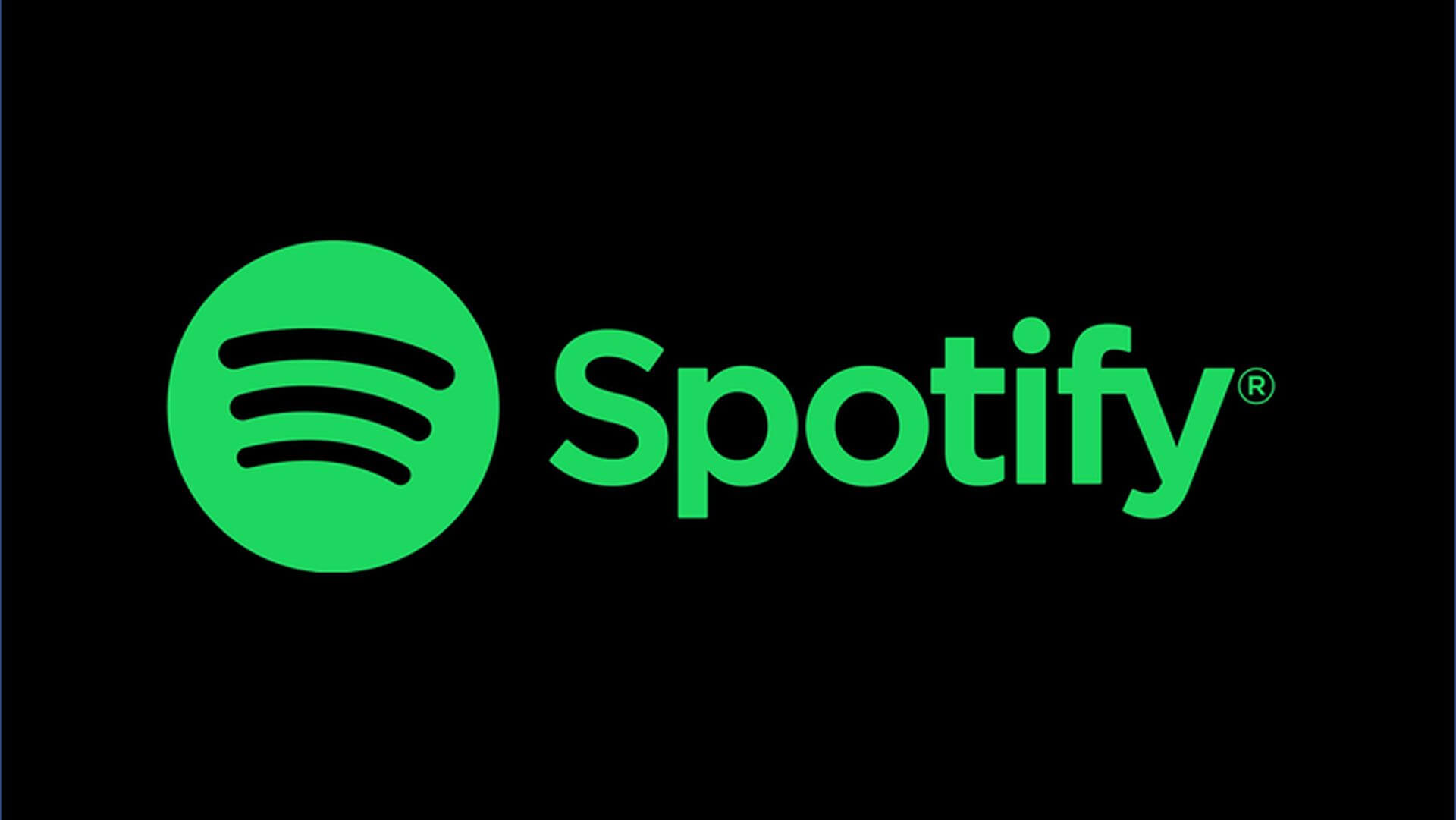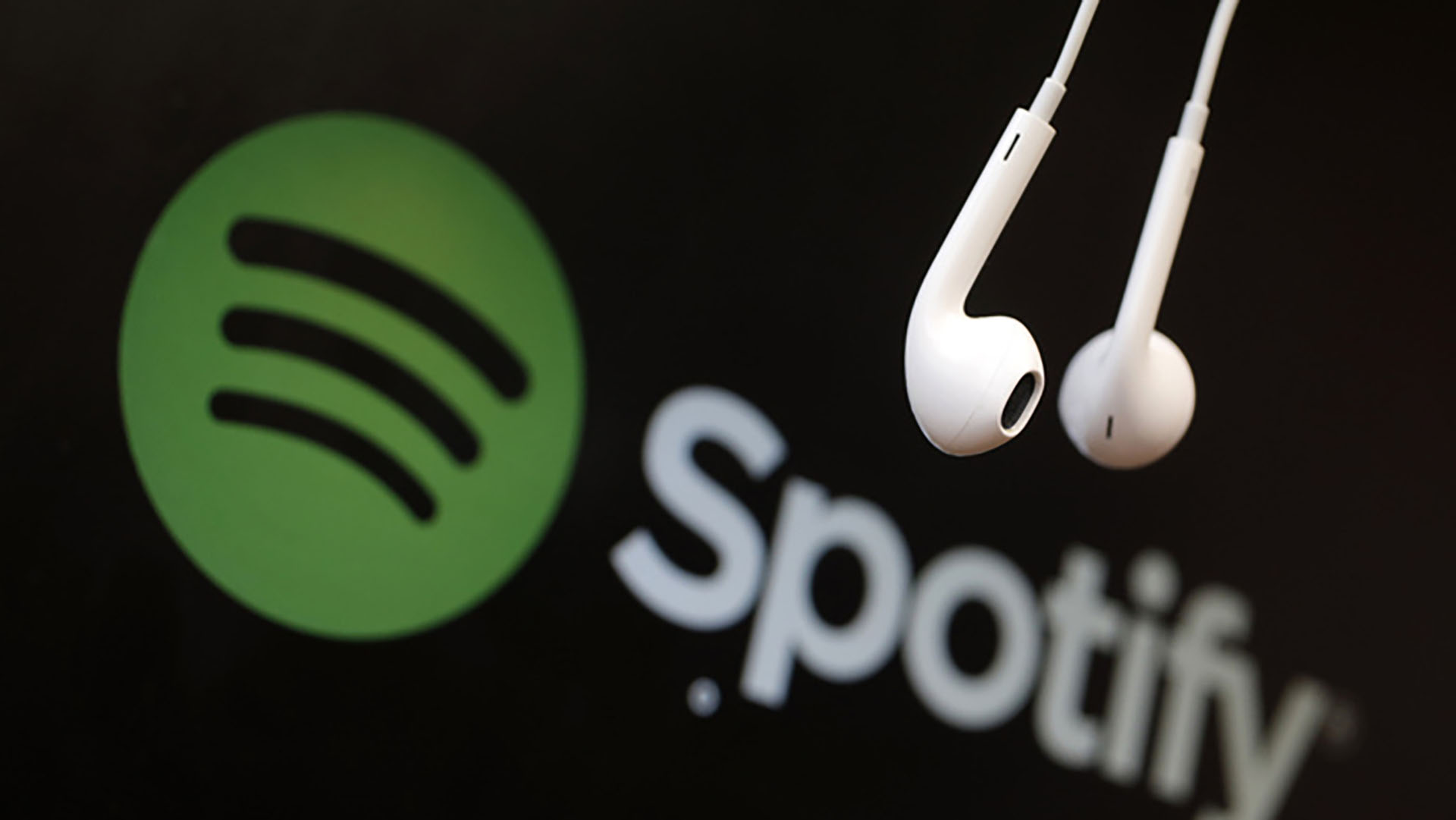
Two weeks ago, several musicians protested at Spotify offices demanding a better royalty fee for their streams. Now the organizers of the protest have revealed that the company response to A Penny Per Stream was no.
The current situation of many artists on the streaming platform is a tough one. A song must be listened to 250 times to generate $1. The pandemic has forced many of them to rely solely on royalties on different platforms for income. For this reason, many have raised their voices for an increase in the payments of these portals to them.
The Union of Musicians and Allied Workers (UMAW) organized the protests, including a demonstration outside of Spotify’s World Trade Center offices. Several people showed up at the protest playing an instrument or carrying a sign. Some of them asked Spotify to stop fighting artists while the most famous asked to pay a penny per stream.
The royalty rate would result in a slight increase in the cost of streaming payments (as with competing services), although as mentioned at the beginning, Spotify denied the request. The UMAW detailed the company’s formal follow-up in a chain of tweets, indicating:
“Spotify has issued a response attempting to address some of our demands. We are pleased that Spotify has recognized the legitimacy of UMAW and the artists around the world who are demanding better payment and treatment. However, Spotify has failed to meet any of our demands. The company consistently deflects blame onto others for systems it has itself built, and from which it has created its nearly $70 billion valuations“.
Spotify Response to A Penny Per Stream Initiative and UMAW Reactions

How was Spotify’s Penny Per Stream Response? The streaming platform decided to create a portal called Loud & Clear in which it intends to explain how its forms of paid work to artists and thus calm the criticism they receive around the world.
In addition to rejecting the proposal of a penny per stream. A careful analysis of some data that the Swedish company posted on its website yields some figures that could generate even more anger in the vast majority of artists. According to Spotify, the 500 most successful artists collected $1.85 billion in 2020, a significant portion of the $5 billion in payments the platform reported it made last year.
UMAW mentions that they demanded transparency, but the site does not resolve any of their questions. Overall, questions about the sources of Spotify’s income in addition to subscriptions and ads, payola schemes for playlist and algorithm prioritization, or the terms of their contracts with major labels.
Although Spotify was skeptical about the penny-per-stream mechanism, they stated that they would be “willing to switch to a user-centric model if that is what artists, songwriters and rights holders want to do”. Noting that a change in this magnitude should represent a movement at the industry level.


